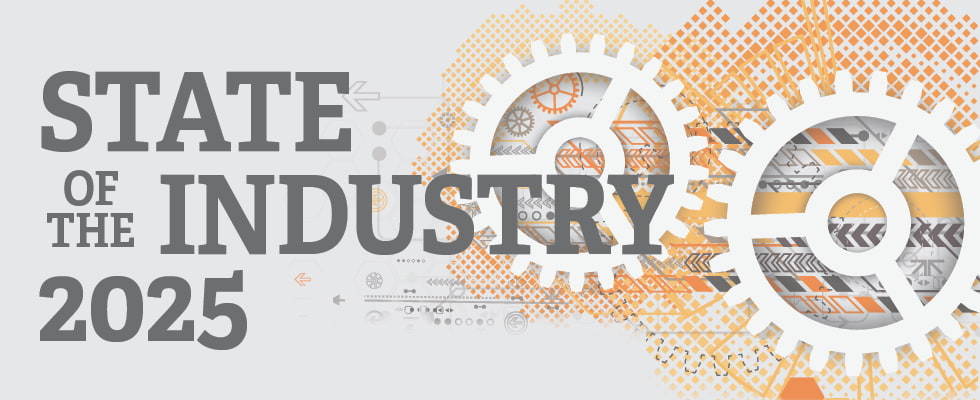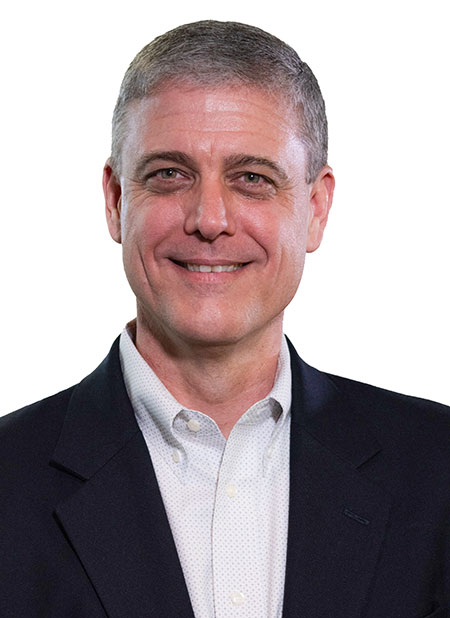

What regulations are you preparing for or watching in the coming year?
The latest revision of the EU wastewater treatment directive will have a significant impact on wastewater treatment plants. The requirement to further reduce pollutants such as phosphorus, nitrogen, PFAS (forever chemicals) and pharmaceuticals will have a substantial effect on the infrastructure and equipment needed in treatment plants. Legislation in individual countries, and beyond the EU, varies significantly and Sulzer already has a range of equipment proven to successfully achieve these new limits. Screens, filtration systems, and tertiary treatment will be essential for treatment plants to meet any new legislation.
Another area that plagues wastewater treatment is the composition of wet wipes and their supposed ‘flushability’. Coupled with the fats being discharged into the sewerage system, wipes impose a huge maintenance cost on water utilities, one that could be easily avoided. Sulzer has already delivered solutions to this issue where it affects equipment, but challenges to the infrastructure remain. ISO/TC 224 is developing standards to help water authorities and their operators; one of these is considering the ways in which the impact of ‘flushable’ products can be mitigated.
What key trends have emerged over the past year, and how are they shaping the market?
There has been an increased focus on water re-use and zero discharge, cutting the amount of clean water being abstracted from the environment for greater sustainability. The water treatment industry is under greater scrutiny from regulatory bodies and the general public with increasing pressure to improve performance. At the same time, greater awareness of PFAS and residual pollutants, such as micro plastics and pharmaceuticals, is demanding further investment in the future. The challenges facing the industry are certainly increasing.
On the positive side, sludge disposal is offering a greater revenue stream, which is helping to avoid it going to landfill. However, quality is important, which means the processes creating the sludge need to be carefully managed and maintained to ensure it can be stored easily and applied to agricultural land or burned to produce energy, depending on the end customer.
How have any price increases of products or materials impacted you or your company?
Generally, market prices have not increased at the same level as materials due to aggressive pricing by OEMs to keep factories in use following the slowdown of projects after COVID.
However, customers also understand that as purchase costs only make up around 10% of lifetime costs, energy efficiency is far more significant to them. Designing equipment with optimized hydraulic and energy efficiency is one of our prime objectives, closely followed by reliability.
What training or educational initiatives are being implemented to prepare the next generation of professionals?
Sulzer is continuously encouraging and investing in training. Service centers around the world operate apprenticeship schemes to support prospective engineers and help them to develop their skills and experience.
The company has also been encouraging women to be more involved in engineering for many years. In 2019, Sulzer established a scholarship program for women in engineering and science (WISE), enabling female students of science, technology, engineering and mathematics (STEM) to fulfil their potential in this exciting environment. We are very proud of all our staff, and we encourage them to make the most of the training opportunities on offer.
This year we attended WorldSkills Lyon, which is dedicated to the development of youth skills, excellence and future economic growth. We supported the manufacturing technology and engineering section of the event with ten AHLSTAR pumps to enable participants to demonstrate their practical maintenance skills and knowledge. The event was a great success.
What upcoming technologies or innovations do you foresee having the most significant impact on the industry in the next five years?
The most important technologies that need to be adopted throughout the industry are those capable of addressing the issues of PFAS and residual contamination of micro plastics and pharmaceuticals. Investment in this equipment is vital to enabling treatment plants to achieve water quality standards that will come into force soon.
In the main, these will be more advanced filtration systems, which have already been developed and proven to surpass the incoming regulations.
How has the global supply chain affected your business in the past year?
Sulzer has continuously invested and diversified its supply chain to make it more robust, and this has largely shielded the company from any disruption. The Red Sea crisis has affected many businesses but rather surprisingly, it has only had a minimal impact on Sulzer’s logistics.
Recent world events have increased the awareness of threats to global shipping routes and the risks associated with having a high percentage of a supply chain rooted in China. Fortunately, Sulzer’s manufacturing and materials suppliers are strategically located around the globe to ensure changing world events can be weathered without significantly affecting deliveries to customers.
How have customer expectations changed in the past year, particularly regarding service, performance and sustainability?
Generally, there has been less investment available this year for the larger infrastructure projects aimed at improving the network as a whole. Instead, the focus is on reducing operating costs, especially energy, and improving sustainability, even in regions where, until recently, it was a non-issue.
Lower budgets mean there is a greater emphasis on value for money rather than acquiring the latest technology. This focus has been supported by public tenders which have been pushing in the same direction.
What’s on your mind/what are you most concerned about?
Attracting new, qualified talent to the industry and that of our customers is essential for Sulzer’s continued success and the realization of ambitious infrastructure projects that are so vital to economies around the world. The next generation of engineers need enthusiasm to learn the required skills and a desire to improve the world we live in. Those currently in the industry want to pass on their knowledge and experience, but the next wave of innovators needs to be in position for this to happen.
Of equal concern is a move in the market to take a rather short-sighted view and reduce initial costs rather than focusing on the total cost of ownership (TCO). Unfortunately, savings in purchase prices are quickly eroded by unrealized energy savings and maintenance costs. The phrase “quality is remembered long after the price is forgotten” rings true in most industrial settings; we always encourage customers to invest in the future and reduce their total expenditure.
What else should end users know about the year ahead?
Currently there is a misalignment between the stated desires of end users towards sustainability, including energy efficiency, and current procurement practices. While a focus on low initial costs may help the current funding issues, it will certainly not help long-term cost efficiency or sustainability targets.

